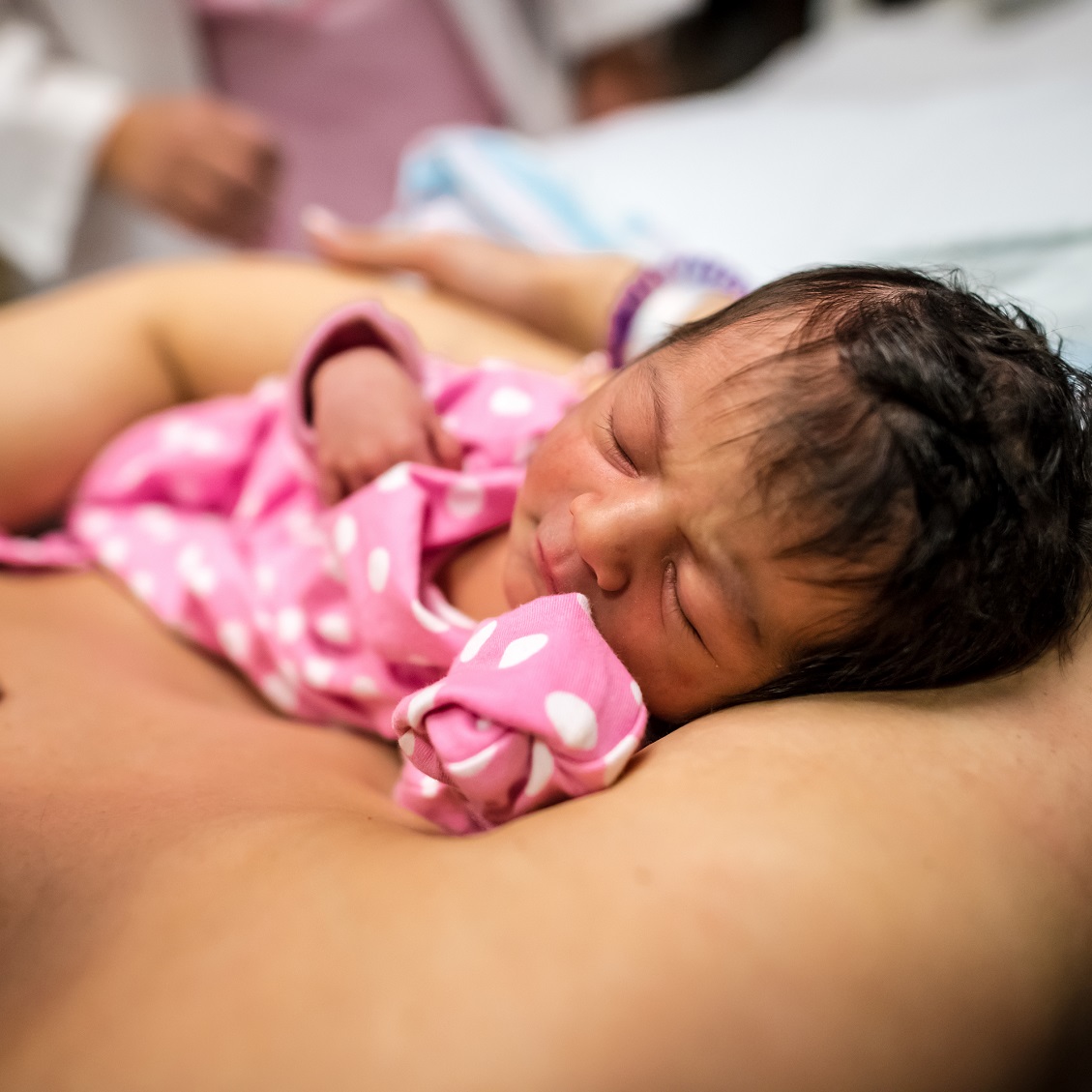
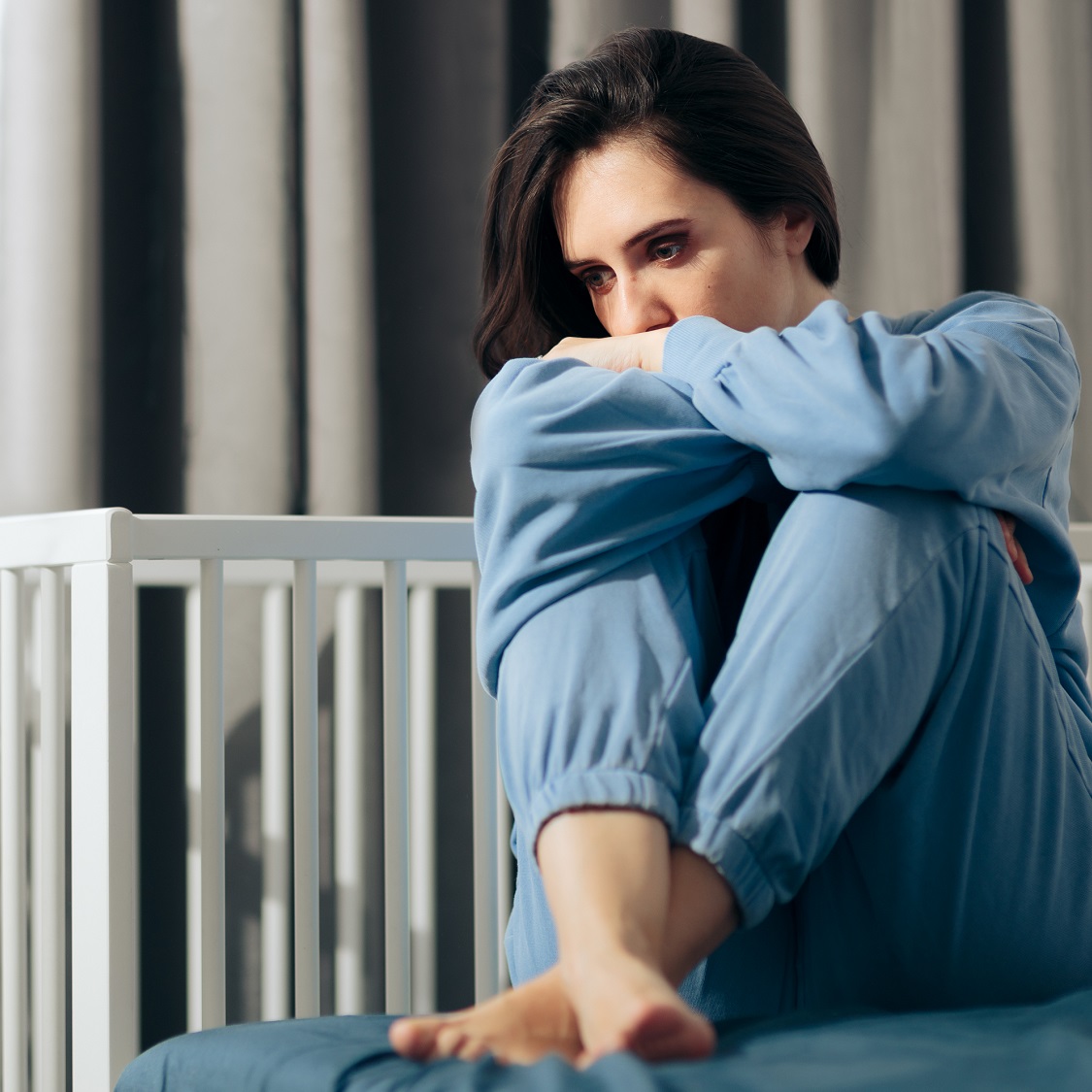
Postpartum depression (PPD) is a very anxious form of depression.
Whether it’s your first baby or your third, as a mom to this new baby, there can come many new emotional and physical demands.
“You may be feeling very sad, crying a lot, feeling worthlessness or guilt for no reason, but the thing that distinguishes postpartum depression with regular depression is it’s highly associated with anxiety,” shares Lauren Murphy, maternal mental health nurse and navigator at Hackensack University Medical Center.
Signs of postpartum depression can include:
- Anxiety
- Overwhelming sad thoughts
- Difficulty sleeping even while baby is sleeping
- Changes in eating habits - eating too much or not enough
- Not wanting to be around your baby
- Social isolation
- Lack of interest in things previously pleasurable
- Feelings of shame
- Irritability
Motherhood is not what you expected
“We’re often told that having a baby is this amazing life changing experience, that after all this time being pregnant, you’ll have this wonderful time with your baby, and when moms don’t feel that way, they can internalize it and feel like they’re a bad person,” shares Lauren.
“It kind of shocks people; they’ll think they’re not a good mother, maybe they weren’t supposed to be a mother, and that this is not what it’s ‘supposed to be like.’ It’s upsetting, and it’s not what they were expecting.”
You feel alone and ashamed
PPD is an isolating illness, and it’s crucial for parents to have social support.
“Moms often think something is wrong with them, they feel ashamed or think they’ll be viewed badly. This is why support groups are so vital – it allows a safe space,” adds Lauren.
Postpartum depression can harm your baby
Because postpartum depression can make you feel withdrawn or not want to engage with your child, studies have shown that it can have detrimental effects for your baby.
“If you’re not engaging with your baby, talking to them, making eye contact or having that physical closeness, studies have shown it will limit the baby’s ability to develop cognitively and form a secure attachment with their mother,” Lauren adds.
“This is why treatment is so important - the sooner you get help, the more time you’ll have to repair your relationship with your baby,” she shares. “Treatment looks different for everyone, but it’s about setting up a strong support system, as well as a combination of both therapy and medication.”
Dads are at risk for postpartum depression as well
One out of 10 fathers experience postpartum depression; the highest risk factor is their partner having PPD.
“Men’s symptoms are slightly different, and usually manifest as anger, irritability and engaging in high-risk behaviors such as increased substance abuse,” adds Lauren.
Just remember: You are not your symptoms
“My biggest takeaway for moms is, you are not your symptoms,” says Lauren. “Moms tend to take on the symptoms as who they are and think they’re a bad mother or worthless, but that is not you, that is the symptoms talking.”
As you’d seek care for any other physical illness, it’s just as important to seek care for your mental and emotional well-being.
Next Steps and Resources:
- Meet our source: Lauren Murphy, MSN, RN, FNP-BC, PMH-C, Maternal Mental Health APN Navigator
- To make an appointment with a doctor near you, call 800-822-8905 or visit our website.
The material provided through Healthier You is intended to be used as general information only and should not replace the advice of your physician. Always consult your physician for individual care.
Find a doctor near me
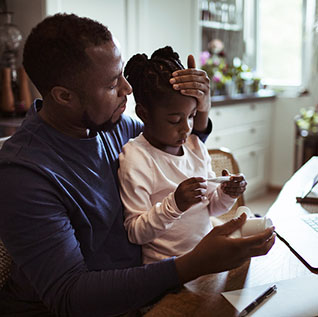
How to ID Common Kid Bugs
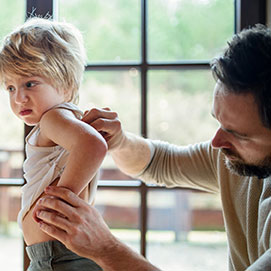
Common Rashes in Kids & What to Do
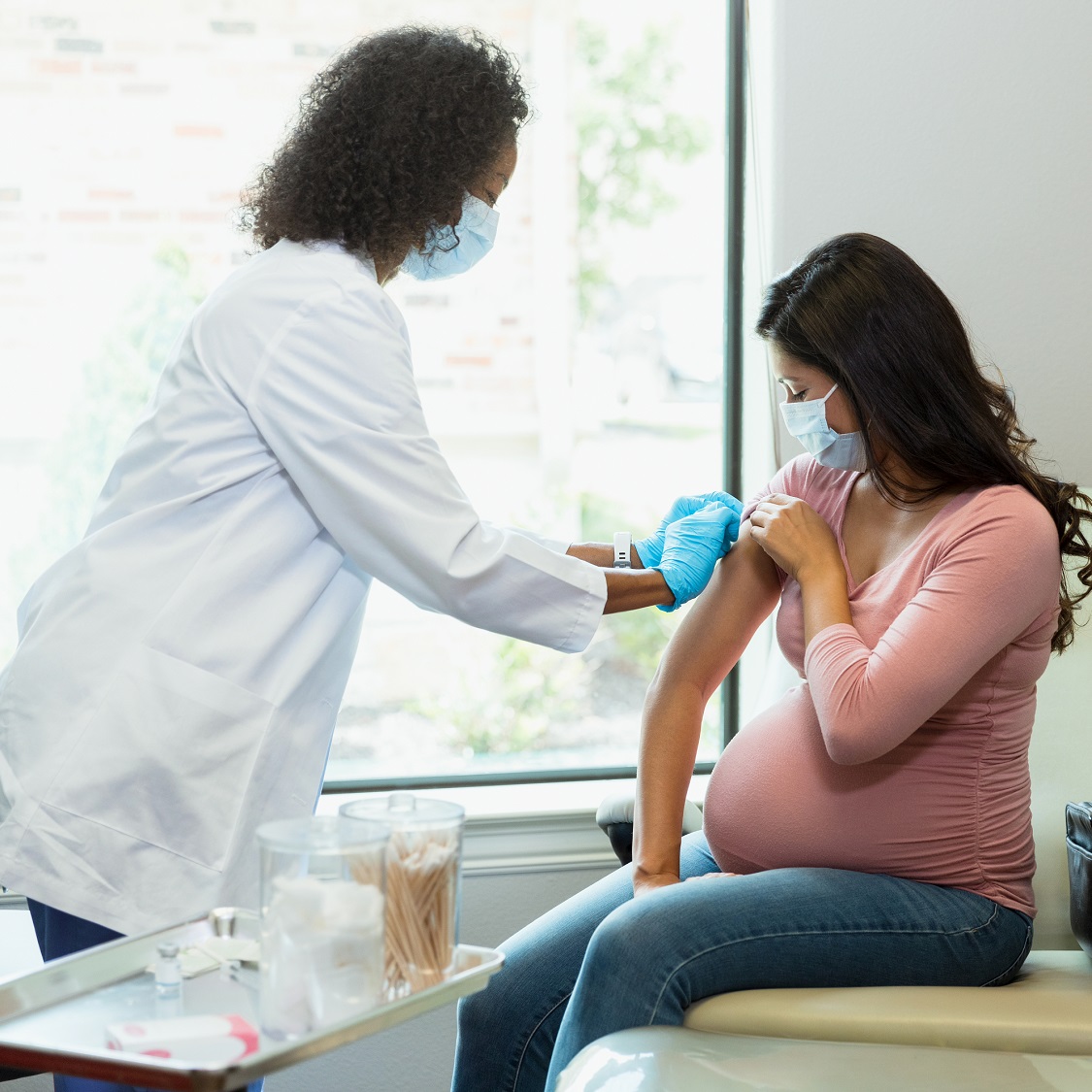
5 Reasons Why You Should Get Vaccinated While Pregnant
